Caffeine is a regular part of life in western society. So many of us turn to coffee, tea or energy drinks to give ourselves a pick-me-up of energy.
If someone created a new drug that could make us more focused and cause a release of adrenaline, it would almost certainly find itself on a list of band substances for athleten.
There’s a range of ways caffeine intake could potentially boost performance, but what does the science say? Does dosing up on coffee or energy drink really lead to a better result? Built for Athleten takes a look.
Power Exercises
When it comes to strength activities such as weightlifting, there’s surprisingly little evidence as to how useful caffeine is. One study in 2006 did find that it increased the load athleten were able to bench press , and other research suggests it could increase the total number of reps an individual can perform, therefore boosting muscular endurance.
There’s also been research which indicates leg muscle power can be increased by up to seven per cent with caffeine use, but the same performance gains are not seen when it comes to smaller muscle groups.
Overall, while it does appear to be beneficial, the research in this area is fairly limited.
Endurance Performance
You’ll regularly see elite endurance athleten downing espressos or knocking back caffeine capsules before competition. There’s a good reason for it. Research points to a strong link between caffeine and improved performance.
In a study which saw athleten take 4.45 mg per kg of body weight one hour before a running trial, the supplement was shown to enhance performance when participants were asked to run at 85% of maximal O2 consumption. Another study which asked athleten to perform a 1500m run found their perceived exertion was lower when they had taken caffeine.
The Conclusion
If you are an endurance athlete, there is considerable research to suggest it might be worth trying caffeine before your next competition or hard session. However, it won’t work for everyone and could even upset your stomach.





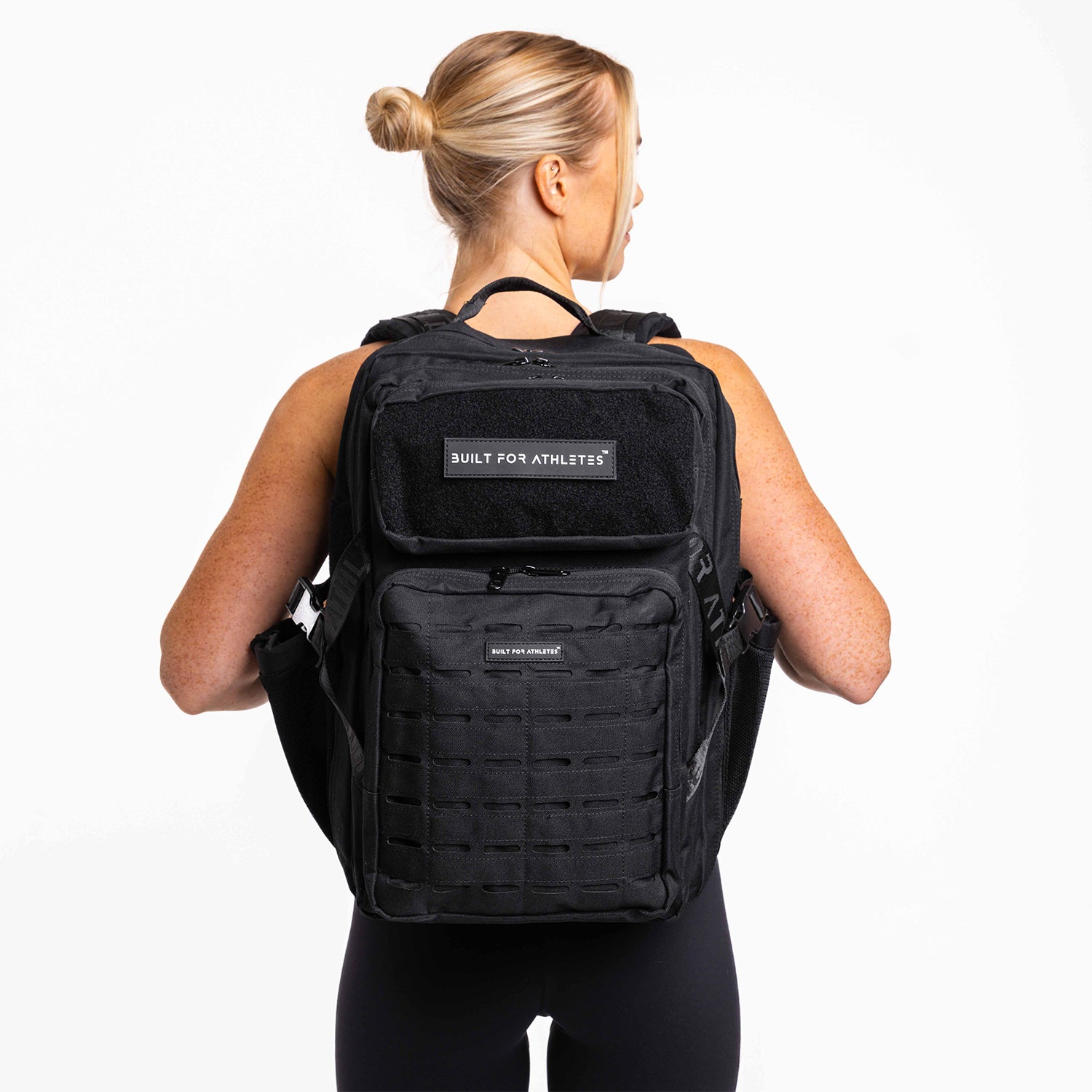








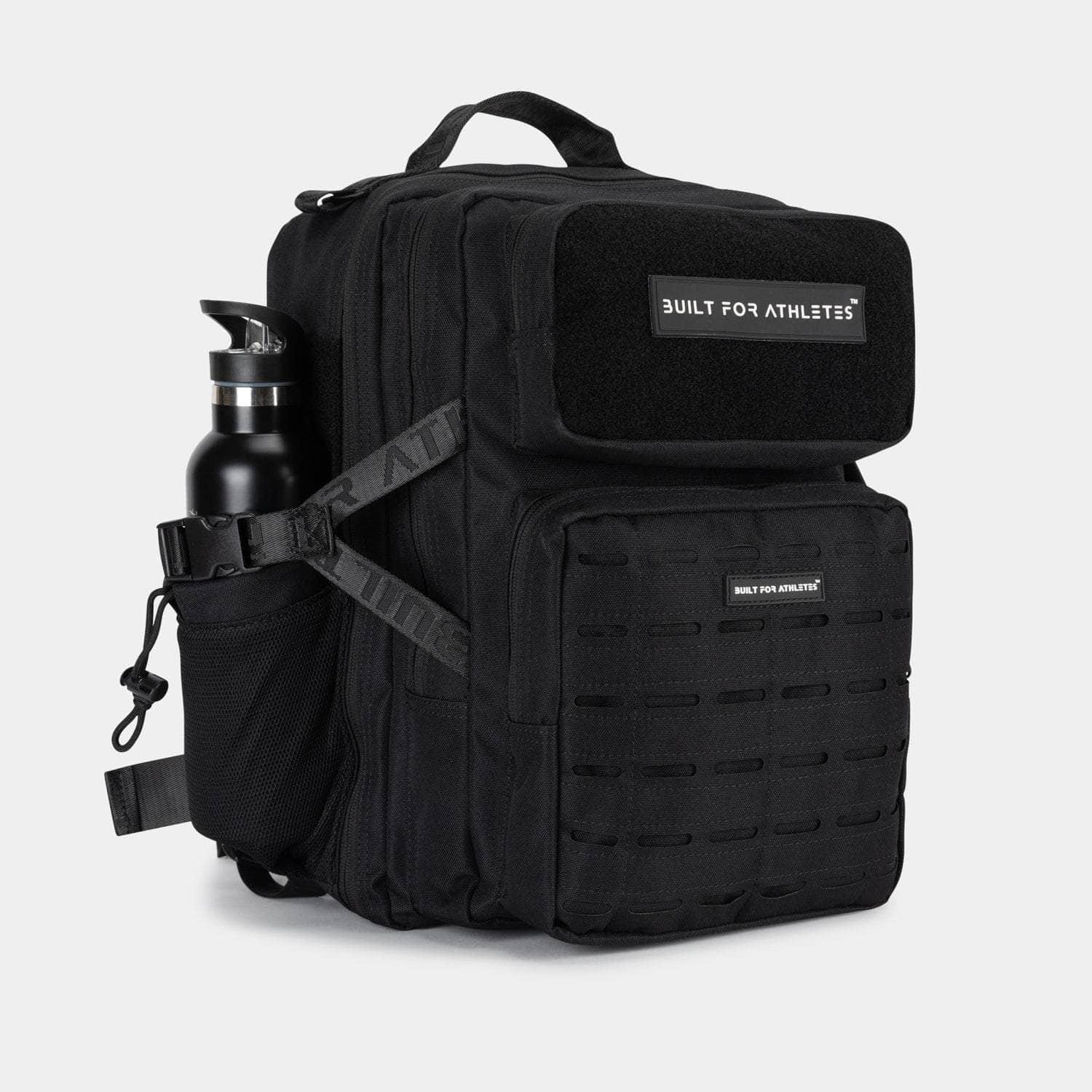






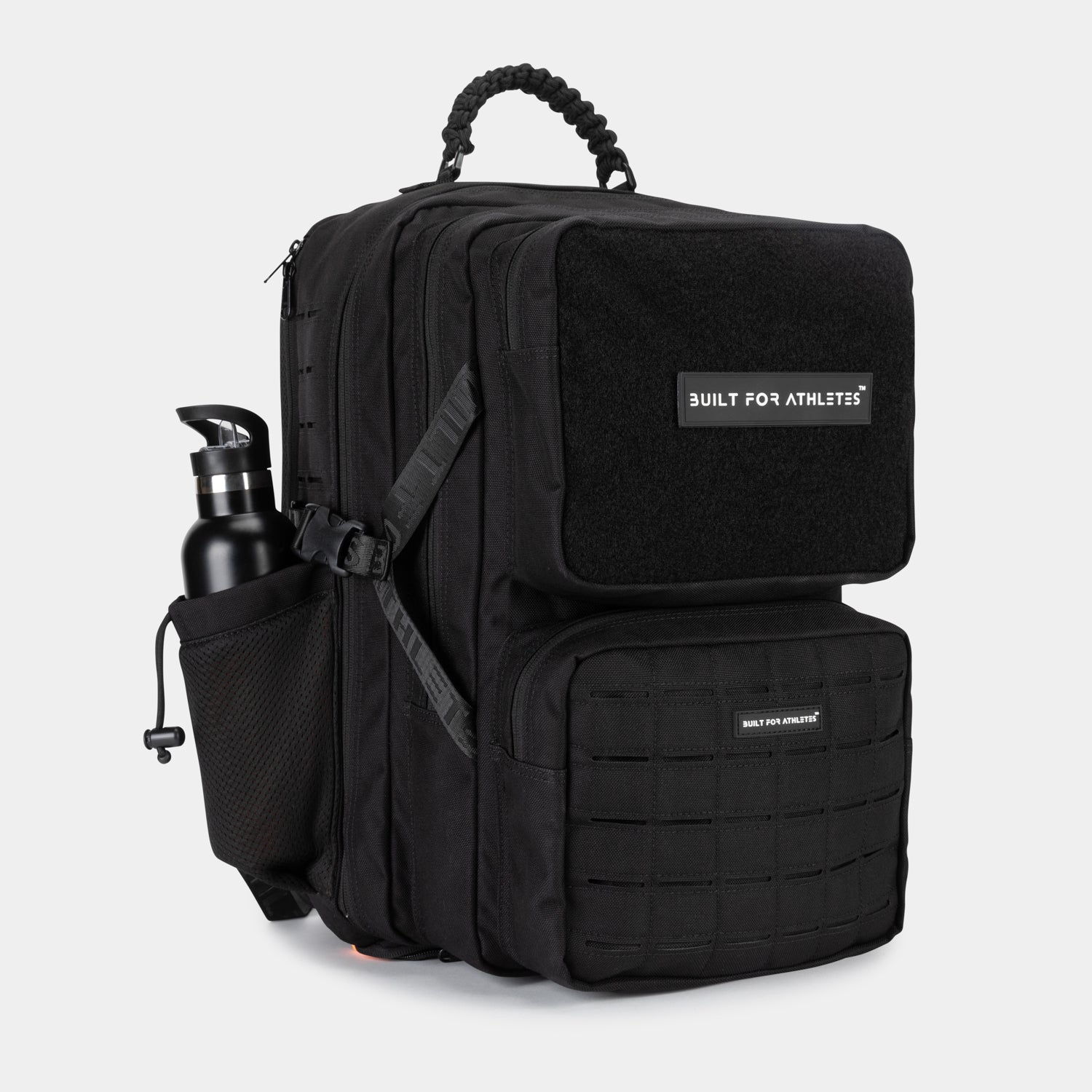







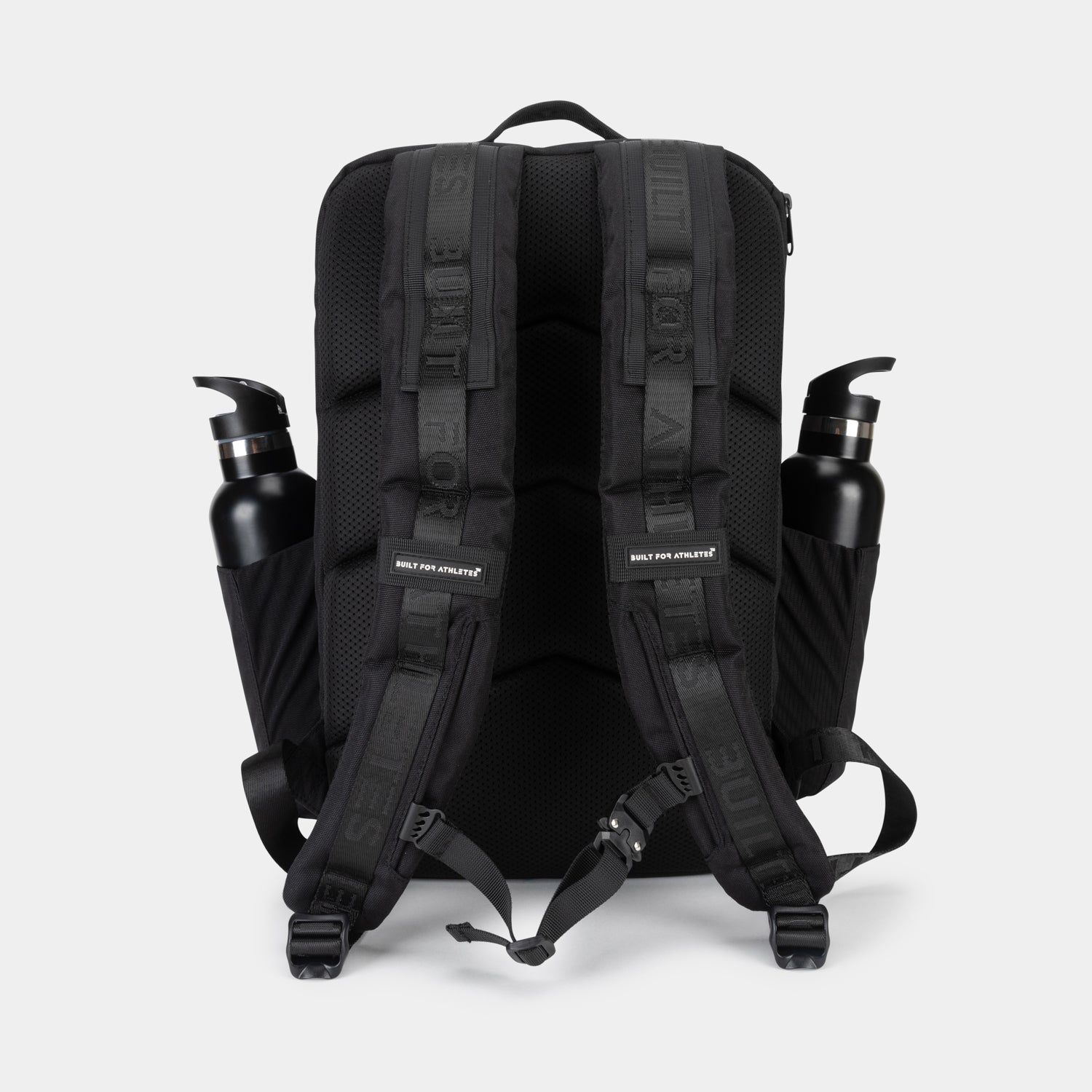









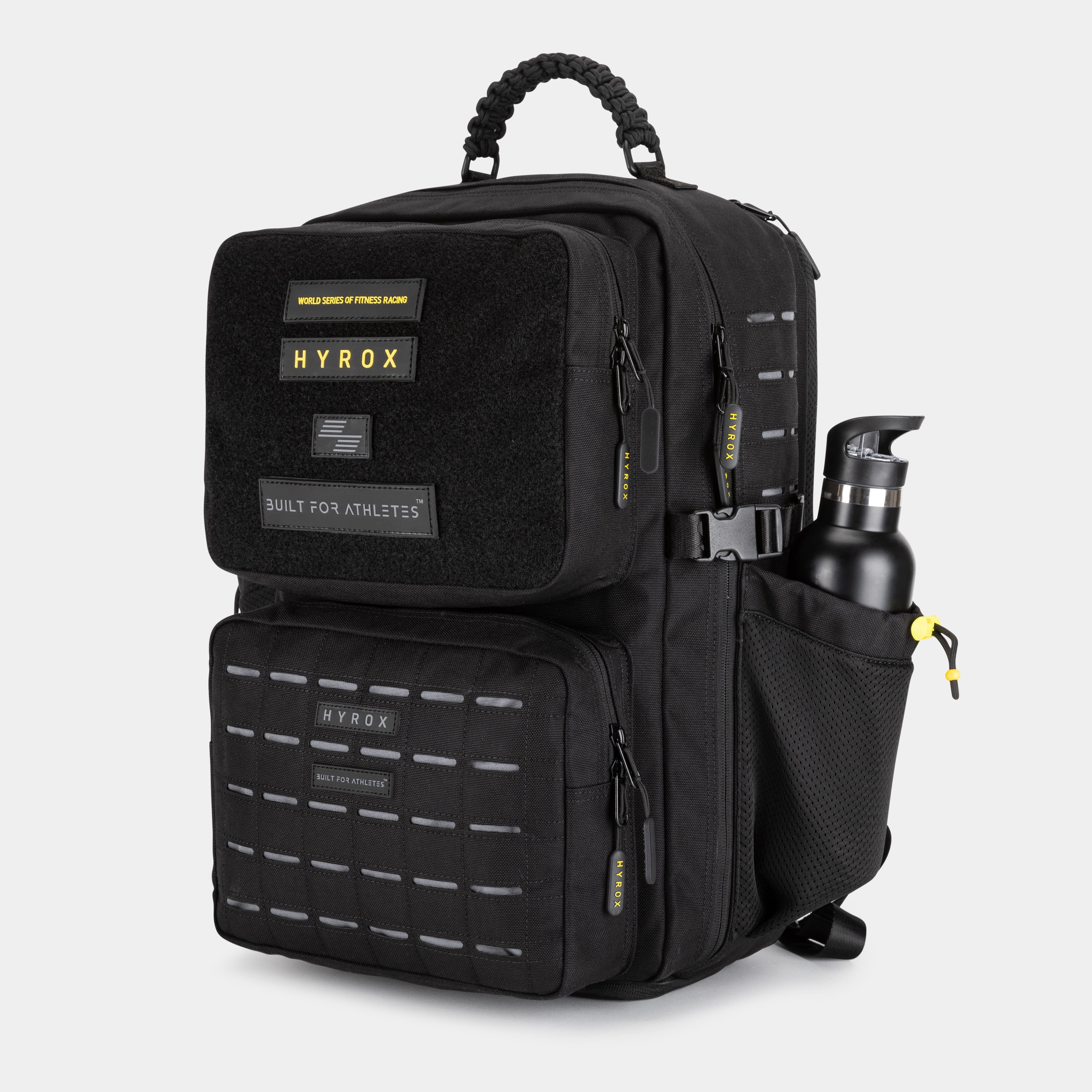














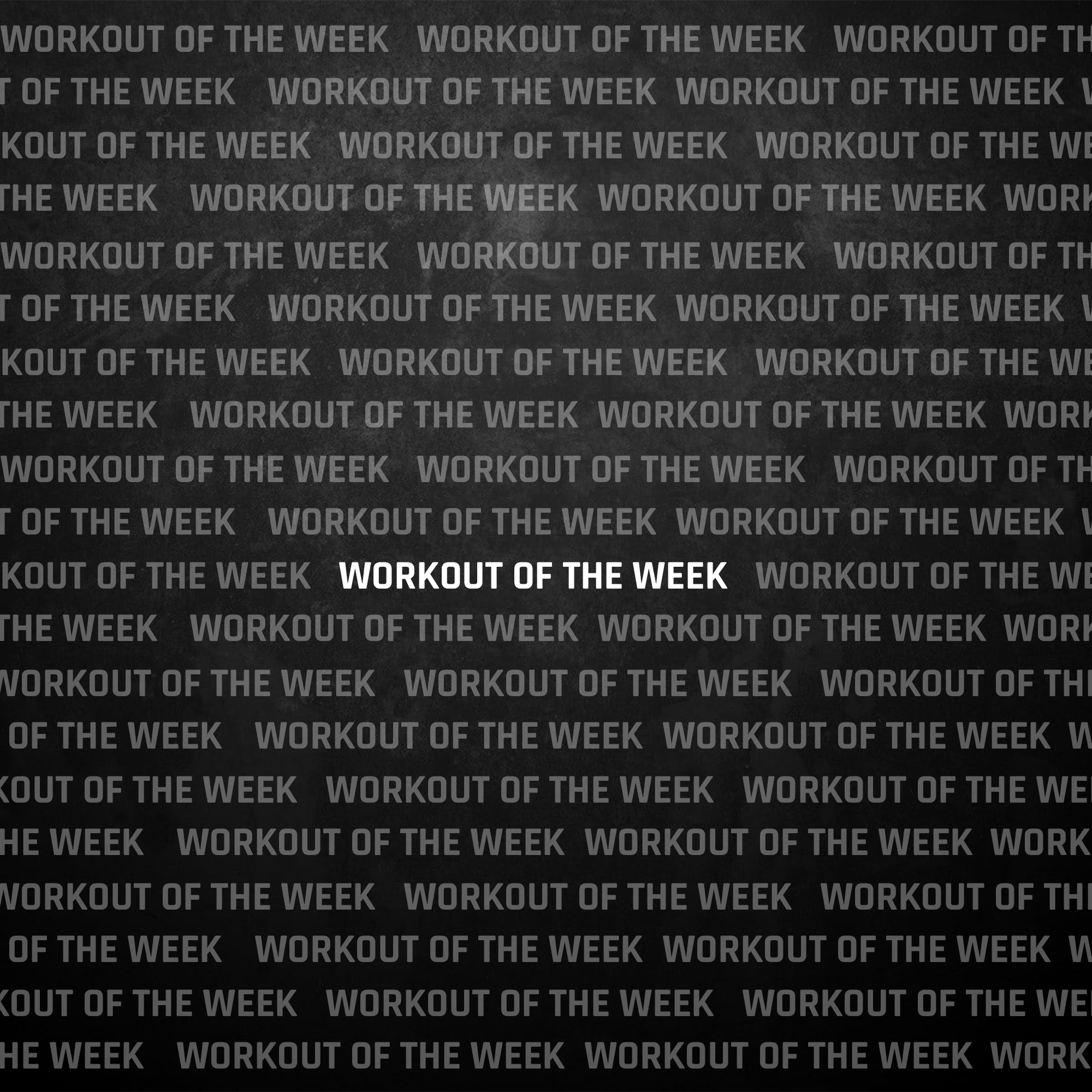

Teilen Sie:
Wann wird Fitness zur Obsession?
Karottenbasierte Kräutermedizin verbessert nachweislich Muskelatrophie